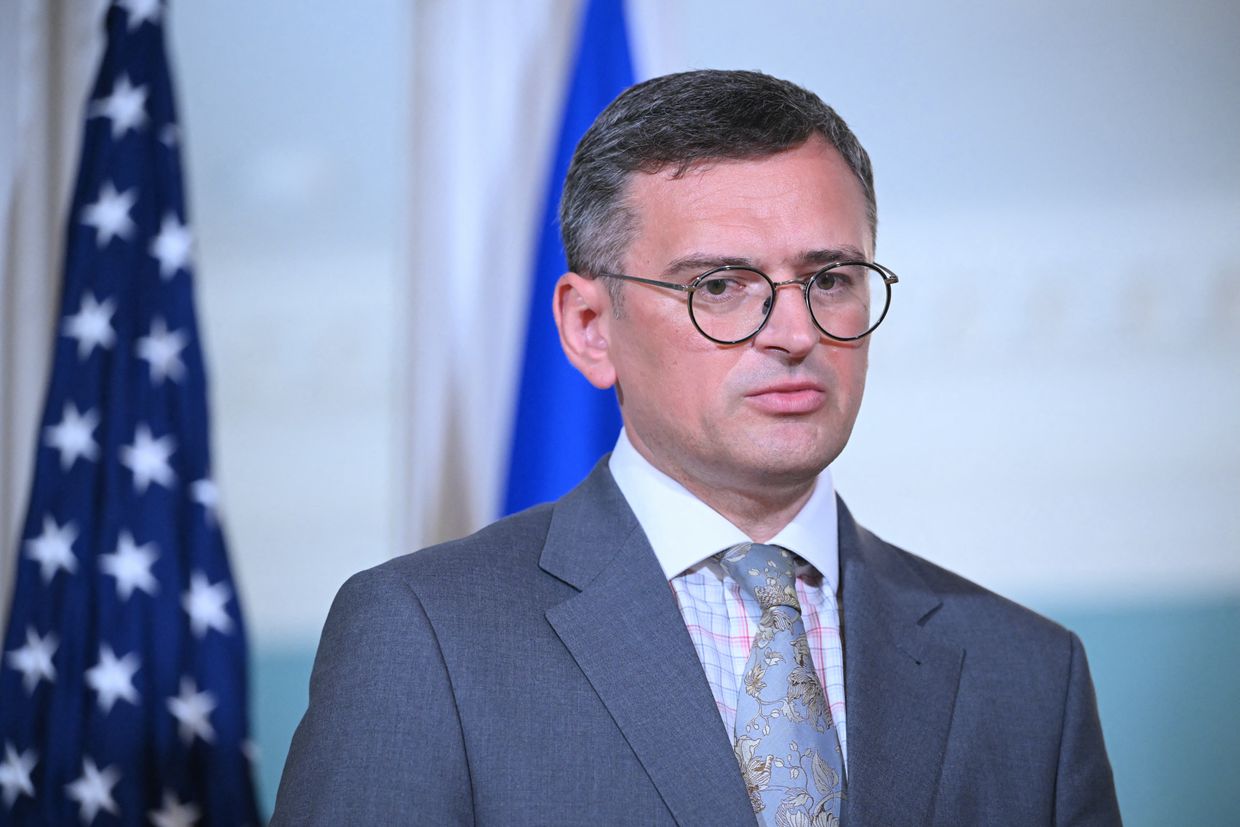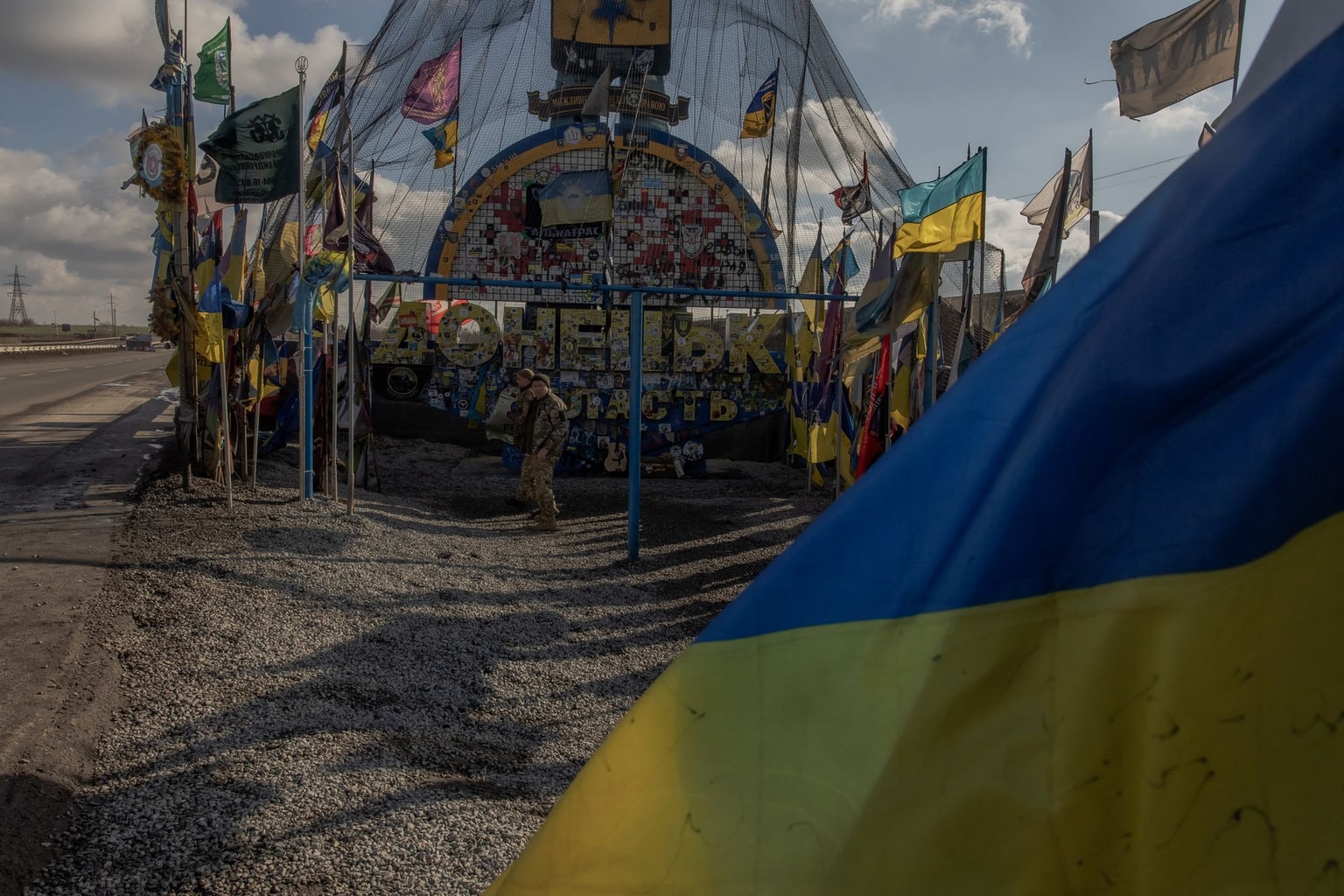Portugal believes Ukraine alone should lead any peace process

The European Union must stay committed to its policy that any discussions about ending the war in Ukraine should be led by the government in Kyiv, according to Portuguese Foreign Minister Paulo Rangel.
"It will be Ukraine who decides how a peace process should be organized,” Rangel said in an interview with Bloomberg on July 23. "It’s fundamental that the EU remains firm in the idea that if there are peace talks and a peace process, which is highly desirable, it has to be done with respect for the plan defined by Ukraine, which is the invaded state."
This stance, however, has been contested by Hungarian Prime Minister Viktor Orban, who insists on continuing his self-declared "peace mission," despite EU criticism that he has overstepped his role as the bloc’s rotating presidency holder.
In a letter sent to European Council Chairman Charles Michel on July 12, Orban detailed his evaluation of meetings conducted as part of his "peace mission." These meetings included recent trips to Moscow and Beijing, which he portrayed as efforts to negotiate an end to Russia’s war in Ukraine.
Orban added that Trump, the U.S. Republican presidential candidate, is prepared to act "immediately" as a peace broker in the Russia-Ukraine war if elected in November.
The EU’s foreign policy chief, Josep Borrell, announced on July 22 that he plans to move the August meeting of the bloc’s foreign and defense ministers from Budapest to Brussels in protest of Orban’s diplomatic initiatives.
Traditionally, the country holding the EU’s six-month rotating presidency hosts the meeting. However, member states have been angered by Orban's recent visits to Moscow, Beijing, and Trump's Mar-a-Lago resort in Florida.
"We will never abdicate from respecting the United Nations charter, the territorial integrity and sovereignty of Ukraine," Portugal's Rangel said. "If we set the precedent that a state can use force to change internationally recognized borders, we will create conditions for multiplying conflicts globally."
The Portuguese minister added that he doesn't anticipate a "substantial change" in military support for Ukraine even if Trump returns to the presidency, citing commitments from NATO, the EU, and individual countries to continue backing Kyiv.
"In the last NATO summit, what we saw was the creation of a stable framework not just for military support for Ukraine but also there was the definition of financial support for military purposes, which is about $40 billion annually, which is highly significant aid," Rangel said. "These are guarantees for the future."










